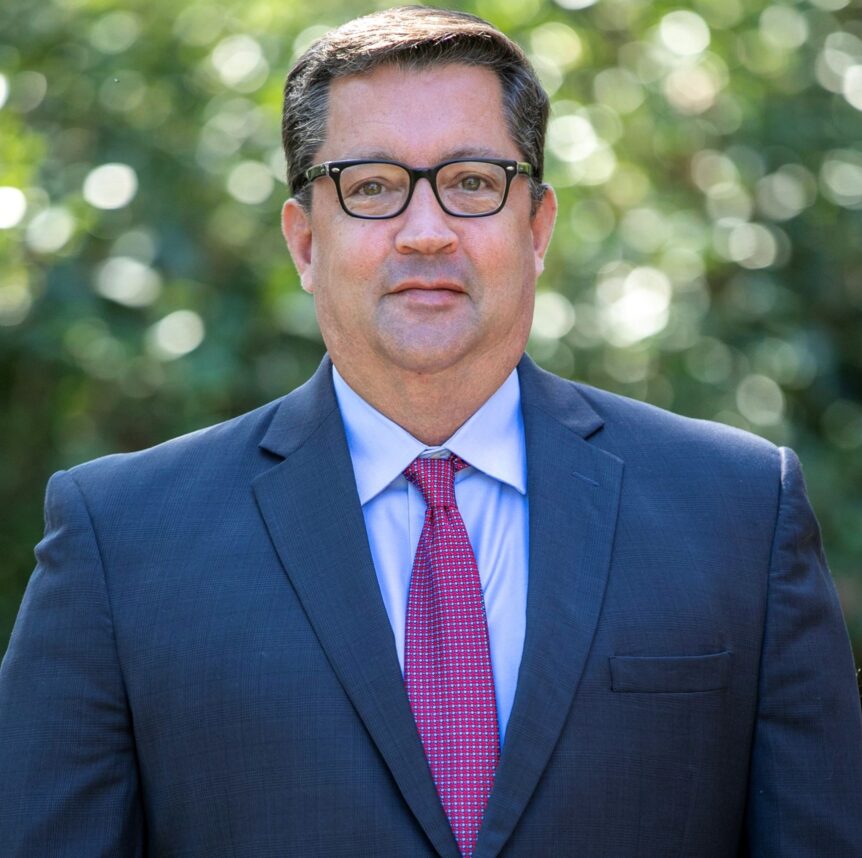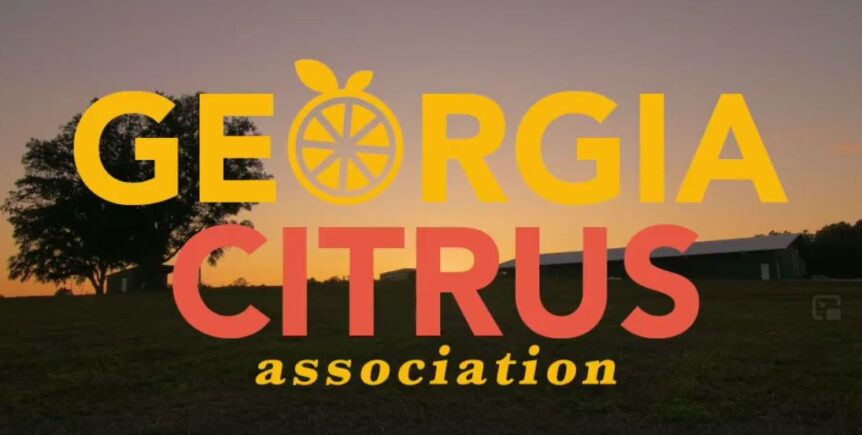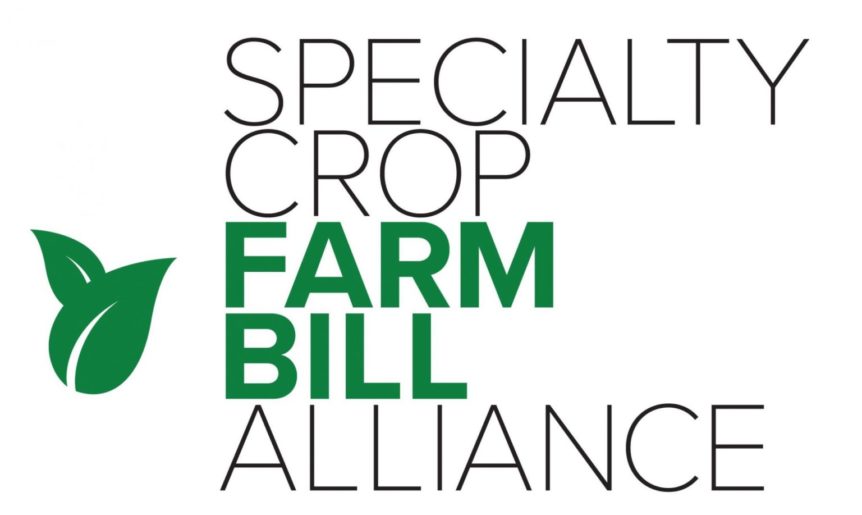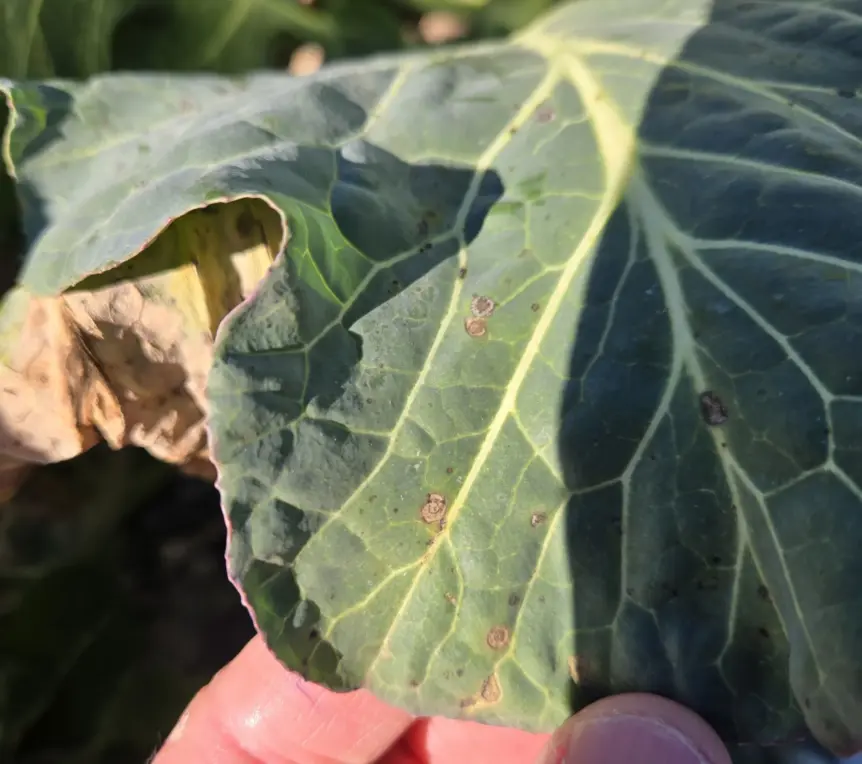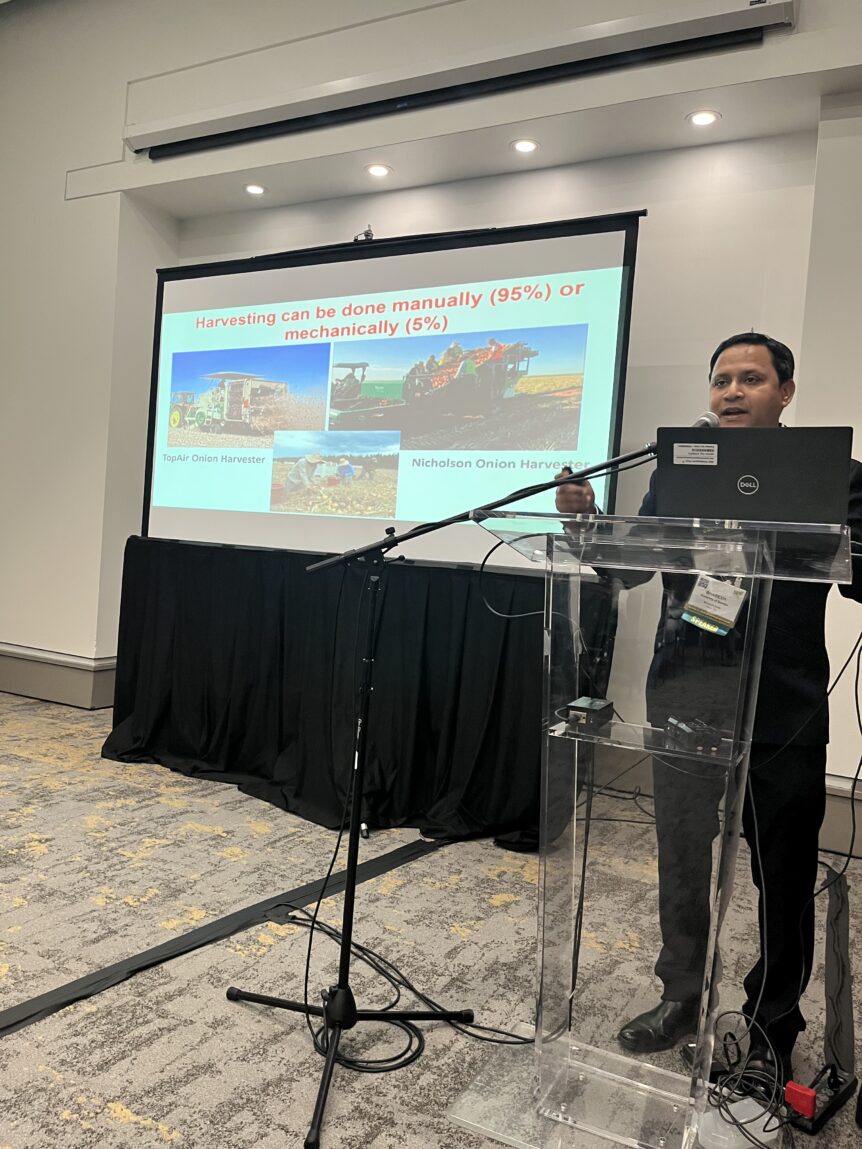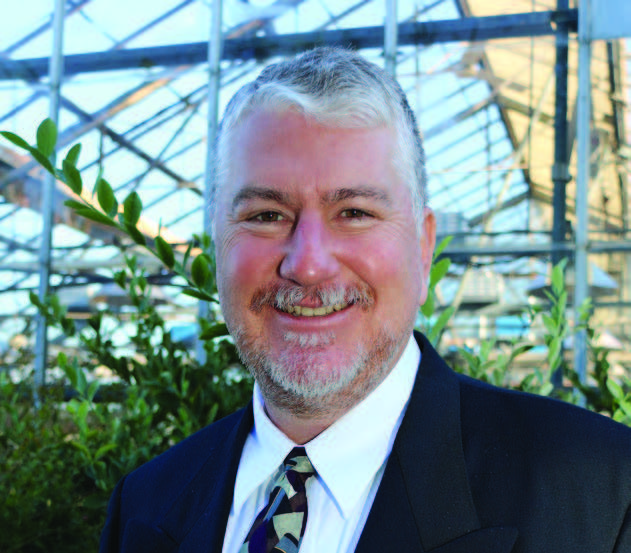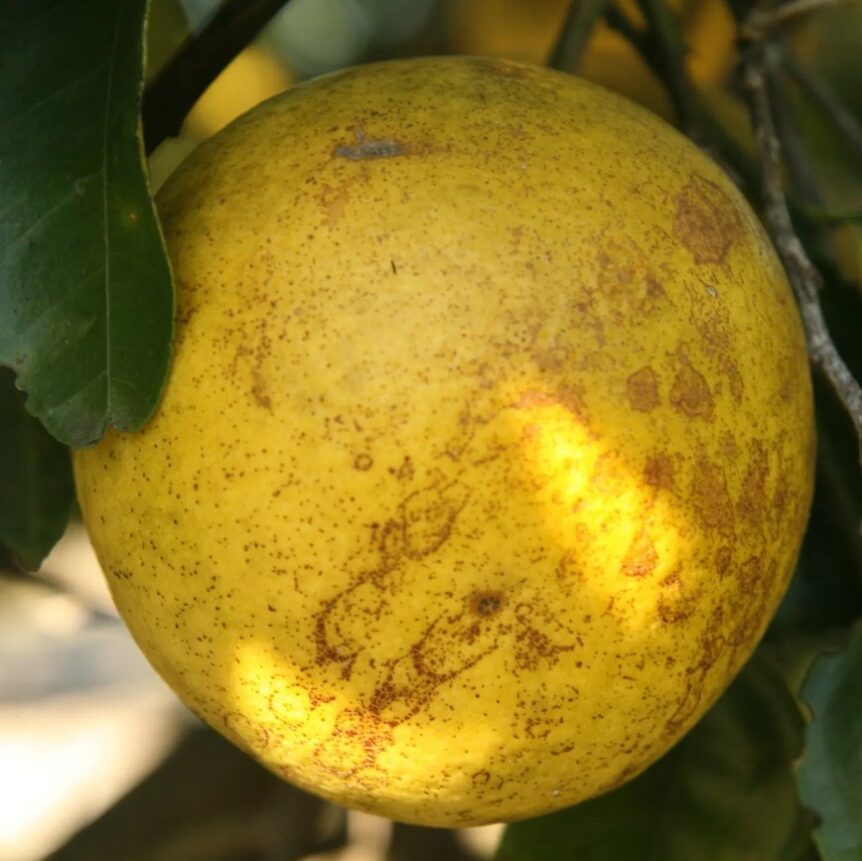By Chris Butts The new year provides us with the opportunity to reflect, reset and develop new goals and objectives for the coming months. Looking back to January of 2025, the fruit and vegetable industry has made progress on important issues like labor rates and H-2A program rules. Successful Conference Here in Georgia, we are finding reason for optimism. We …
What’s New At The Georgia Citrus Association Annual Conference
The Georgia Citrus Association’s (GCA) annual conference is less than a week away. Georgia growers are encouraged to attend the Feb. 24 meeting and learn about various trends impacting the industry in the cold-hardy citrus region. The event takes place at the University of Georgia Tifton Campus Conference Center. Lindy Savelle, executive director of the Georgia Citrus Association and member …
Specialty Crop Alliance Applauds Release of Farm, Food and National Security Act of 2026
WASHINGTON — The Specialty Crop Farm Bill Alliance (SCFBA) issued the following statement regarding the Farm, Food, and National Security Act of 2026 released by House Committee on Agriculture Chairman Glenn “GT” Thompson. “The Specialty Crop Farm Bill Alliance commends Chairman Thompson and his staff for advancing the farm bill process and including key provisions that would enhance the competitiveness …
Clemson Extension Agents Provide Crop Updates
Weekly Field Update Clemson Extension agents provide updates in The South Carolina Grower this week about the status of various crops being produced throughout the state. Statewide Tom Bilbo – Extension Entomologist Coastal Region Zack Snipes Midlands Rob Last Upstate Samantha Brown
Postfreeze Recovery Recommendations for Citrus Trees
By Clint Thompson Florida citrus growers hoping to expedite the recovery process for trees impacted by the late January/early February freeze event should pump the brakes and wait — at least until spring. That advice is from Muhammad Shahid, assistant professor of horticulture at the University of Florida Institute of Food and Agricultural Sciences (UF/IFAS). He shared tree recovery recommendations …
Ag Wage Reform Coalition to Hold Issue Briefing/Roundtable in Washington D.C.
By Clint Thompson The Georgia Fruit and Vegetable Growers Association (GFVGA) is helping host an issue briefing and roundtable in Washington D.C. on Feb. 24. Chris Butts, executive director of the Georgia Fruit and Vegetable Growers Association, discussed the meeting’s importance and its message. “We’ll have growers and representatives from 39 organizations and nine states that now make up the …
The Time is Now: Downy Mildew Management in Vidalia Onions
By Clint Thompson Vidalia onion producers must be aware the calendar is nearing the timeframe for when downy mildew disease usually occurs in Southeast Georgia. University of Georgia Extension Vegetable Plant Pathologist Bhabesh Dutta spoke about onion diseases at the Southeast Regional Fruit and Vegetable Conference in Savannah, Georgia, in early January. He highlighted when disease outbreaks have occurred in …
Thiram Shortage in Strawberry Production
By Clint Thompson Southeast strawberry growers should be mindful that there appears to be a shortage of Thiram this spring. This is according to a blog post made by Phil Brannen, University of Georgia (UGA) Cooperative Extension fruit disease specialist. He confirmed the news after consulting with Natalia Peres, professor of plant pathology at the University of Florida Institute of …
‘Significant’ Melanose Concerns Following Freeze
By Clint Thompson Freeze damage to Florida citrus could lead to a buildup in certain diseases. One, in particular, is a major threat, believes Megan Dewdney, University of Florida Institute of Food and Agricultural Sciences (UF/IFAS) associate professor in plant pathology and Extension specialist. “Our big concern in terms of foliar problems is going to be melanose. Just as a …
SC School Cafeterias Serving More Locally Grown Produce with Help of New State Program
COLUMBIA – School children across South Carolina (SC) will see more locally grown foods on their plates this year thanks to a new state program called Certified SC Cafeteria. Participating schools and school districts will be reimbursed for buying South Carolina-grown vegetables, fruits, grains and honey, with additional incentives for those that source the highest percentage of local food. Incentivizing schools …










